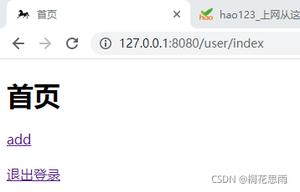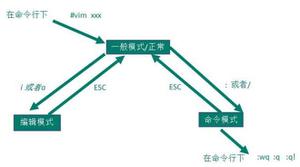Python Base Five

// 8 day(2016/8/11)
38. In python , it is oop.
class Baskball:
def setName(self, name):
self.name = name
def kick(self):
print('my name is %s' % self.name)
baskball = Baskball()
baskball.setName('baskball')
baskball.kick()
-> my name is baskball
class Ball:
def __init__(self, name):
self.name = name
def kick(self):
print('my name is %s' % self.name)
b = Ball('tom')
b.kick()
-> my name is tom
39. In python ,how to define private variable,
such as:
class Person:
name = 'roy'
p = Person()
print(p.name)
-> roy
if you use:
class Person:
__name = 'roy'
p = Person()
print(p.__name) || print(p.name)
-> error
if you use __ before variable ,you can access it direct.
class Person:
__name = 'roy'
def getName(self):
return self.__name
p = Person()
print(p.getName())
-> roy
class Person:
__name = 'roy'
p = Person()
print(p._Person__name)
-> roy
40. inheritance mechanism
class SubClassName:(ParentClassName):
……
class Parent:
def hello(self):
print('write code change world')
class Child(Parent):
pass
p = Parent()
p.hello()
c = Child()
c.hello()
->
write code change world
write code change world
if subclass methon is same with parent , it will cover parent method, such as:
class Child(Parent):
def hello(self):
print('believe youself')
c = Child()
c.hello()
-> believe youself
now we will study a simple example:
import random as r
class Fish:
def __init__(self):
self.x = r.randint(0,10)
self.y = r.randint(0,10)
def move(self):
self.x -= 1
print('my position is:',self.x, self.y)
class Shark(Fish):
def __init__(self):
#Fish.__init__(self)
super().__init__()
self.hungry = True
def eat(self):
if self.hungry:
print('eat eat eat')
self.hungry = False
else:
print('not hungry')
1,Fish.__init__(self)
2,super().__init__()
1 and 2 is same ,if you not add this ,you invoke move in Shark ,it will error, because ,__init__ will cover parent method, you call move() ,it will not found x and y. if you use 1 and 2, it will solve this question
multiply parent class:
class subClassName:(parent1ClassName, parent2ClassName):
……
class Base1:
def fool1(self):
print('it is fool1')
class Base2:
def fool2(self):
print('it is fool2')
class c(Base1, Base2):
pass
c = c()
c.fool1()
c.fool2()
-> it is fool1
-> it is fool2
以上是 Python Base Five 的全部内容, 来源链接: utcz.com/z/387381.html





